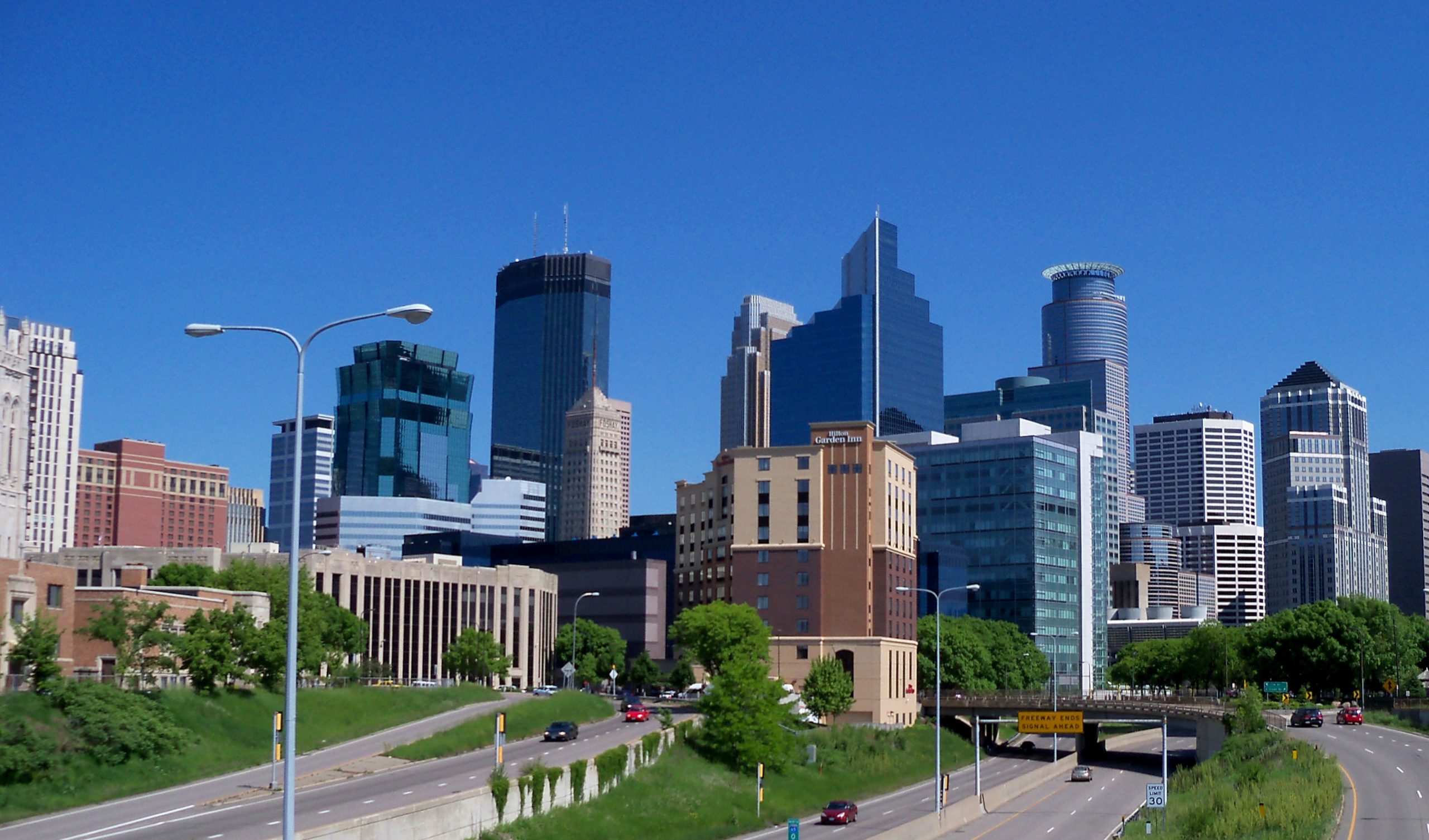Tag: Minneapolis
-
Five incumbents defeated in Minneapolis city council elections

The city of Minneapolis, Minnesota, held general elections for all 13 of its city council seats on Nov. 2, 2021. Fifty-eight candidates—including eleven incumbents—ran in the elections. Minneapolis used ranked-choice voting in the election, which allowed voters to rank up to three candidates on the ballot. Of the eleven incumbents running for city council, five…
-
Jacob Frey (D) re-elected as Minneapolis mayor

Jacob Frey (D) won the mayoral election in Minneapolis, Minnesota, on Nov. 2. Seventeen candidates ran. Voters could rank up to three candidates on the ballot under the city’s ranked choice voting system. Under that system, if no candidate receives a majority in the first round of tallying, candidates who mathematically cannot win are eliminated…
-
Initial, non-tabulated results for Minneapolis’ RCV mayoral race

Minneapolis, Minn.’s mayoral election on Nov. 2 remained uncalled as of 1 p.m. ET on Nov. 3. The city used ranked choice voting. Voters could rank up to three candidates on their ballot. Initial election results showing voters’ first-choice candidates were available. Incumbent Jacob Frey received 43% of first-choice votes Sheila Nezhad had 21% Katherine…
-
Campaigns surrounding Minneapolis initiative to replace police department raised $4.56 million, with supporters out-raising opponents by 2-to-1

Campaigns surrounding Minneapolis initiative to replace police department raised $4.56 million, with supporters out-raising opponents by 2-to-1 On Nov. 2, voters in Minneapolis, Minnesota, will decide Question 2 to replace the Minneapolis Police Department with a Department of Public Safety. Under the citizen initiative, the DPS would be responsible for “a comprehensive public health approach…
-
All candidates answer Ballotpedia’s survey in Minneapolis City Council Ward 11 race

All five candidates in the race for Minneapolis City Council Ward 11—incumbent Jeremy Schroeder (D), Dillon Gherna (D), Emily Koski (D), Albert T. Ross (D), and Kurt Michael Anderson (I)—completed Ballotpedia’s Candidate Connection survey. This survey allows candidates to speak directly to Ballotpedia readers, describing who they are, why they are running, and what they…
-
District judge rules against ballot initiative to replace Minneapolis Police Department; Supreme Court will hear appeal

Voters in Minneapolis will see a citizen-initiated charter amendment on their ballots to replace the Minneapolis Police Department. On Sept. 14, however, District Court Judge Jamie Anderson ruled that the ballot question for the proposal was unreasonable and misleading and enjoined election officials from counting votes on Nov. 2. On Sept. 15, the Minnesota Supreme…

